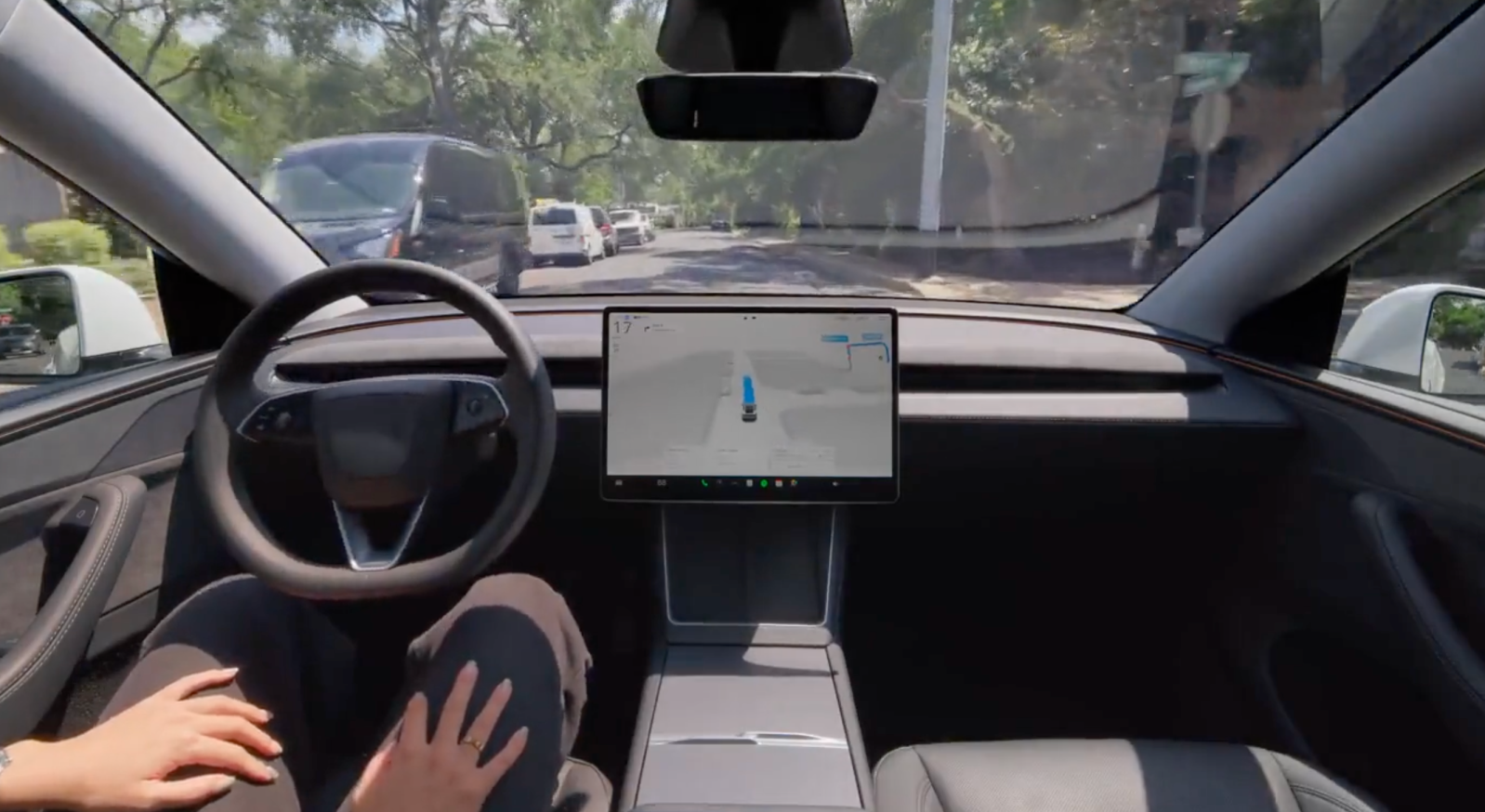Tesla has reached another confidential settlement in a wrongful death lawsuit involving its Autopilot system, marking the latest development in the ongoing legal scrutiny surrounding the company's driver assistance technology. The settlement comes just months before the case was scheduled to go to trial, avoiding what could have been a revealing public examination of Tesla's autonomous driving claims. This resolution continues a pattern of pre-trial settlements in cases involving Tesla's advanced driver assistance systems.
Key Highlights
- Settlement Timing: Case resolved months before scheduled trial date
- Legal Pattern: Part of multiple lawsuits involving Tesla's Autopilot and Full Self-Driving systems
- Industry Impact: Settlement occurs amid increased regulatory scrutiny of ADAS technology
- Financial Terms: Settlement amount remains confidential as per agreement terms
The Growing Legal Challenges for Tesla's Autonomous Technology
Tesla's settlement represents just one of numerous legal actions the company faces regarding its Autopilot and Full Self-Driving (Supervised) systems. These lawsuits have multiplied significantly following a landmark trial that essentially opened the floodgates for litigation against the electric vehicle manufacturer. The cases typically involve claims that Tesla's marketing and implementation of its driver assistance systems have created false expectations about the technology's capabilities, potentially leading to dangerous situations and fatal accidents.
Regulatory Scrutiny Intensifies
As Tesla continues to settle these cases out of court, regulatory bodies including the National Highway Traffic Safety Administration (NHTSA) and the National Transportation Safety Board (NTSB) have increased their examination of Tesla's autonomous driving claims. The NHTSA has multiple ongoing investigations into Tesla's Autopilot system, particularly focusing on how the technology handles collision scenarios and whether drivers are adequately monitored to ensure they remain engaged while the system is active.
Comparative Analysis of Recent Tesla Autopilot Legal Cases
| Case Type | Status | Year | Outcome |
|---|---|---|---|
| Wrongful Death | Settled | 2024 | Confidential settlement |
| Product Liability | Ongoing | 2023 | Pending litigation |
| Misleading Marketing | Settled | 2022 | Terms undisclosed |
The Technology Behind the Controversy
Tesla's Autopilot and Full Self-Driving systems represent some of the most advanced driver assistance technology currently available to consumers. However, experts continue to debate whether the systems' capabilities have been overstated in marketing materials and public statements by company leadership. The technology relies on a combination of cameras, sensors, and artificial intelligence to navigate roads, but unlike systems from some competitors, it does not incorporate lidar technology, which some experts argue provides crucial redundancy for safety-critical systems.
Industry-Wide Implications
The outcomes of these legal proceedings have far-reaching implications not just for Tesla, but for the entire autonomous vehicle industry. As companies race to develop increasingly sophisticated driver assistance systems, Tesla's legal challenges serve as a cautionary tale about the potential consequences of deploying technology that may not be fully ready for real-world conditions. The settlements also raise questions about whether out-of-court resolutions allow companies to avoid establishing important legal precedents that could provide clearer guidelines for the entire industry.
Consumer Safety and Transparency
Consumer advocacy groups have expressed concern that the confidential nature of these settlements prevents important safety information from reaching the public. Without public trials, detailed information about potential system limitations or failures may remain hidden from consumers who rely on these technologies daily. This has led to calls for greater transparency requirements when automotive companies settle safety-related litigation.
As Tesla continues to navigate these legal challenges while simultaneously advancing its autonomous driving technology, the automotive industry watches closely. These settlements represent more than just financial transactions—they reflect the growing pains of an industry transitioning toward increasingly autonomous vehicles. How Tesla and other manufacturers balance innovation with safety, transparency, and realistic expectations will likely shape the future of transportation and determine public acceptance of autonomous driving technology for years to come.


